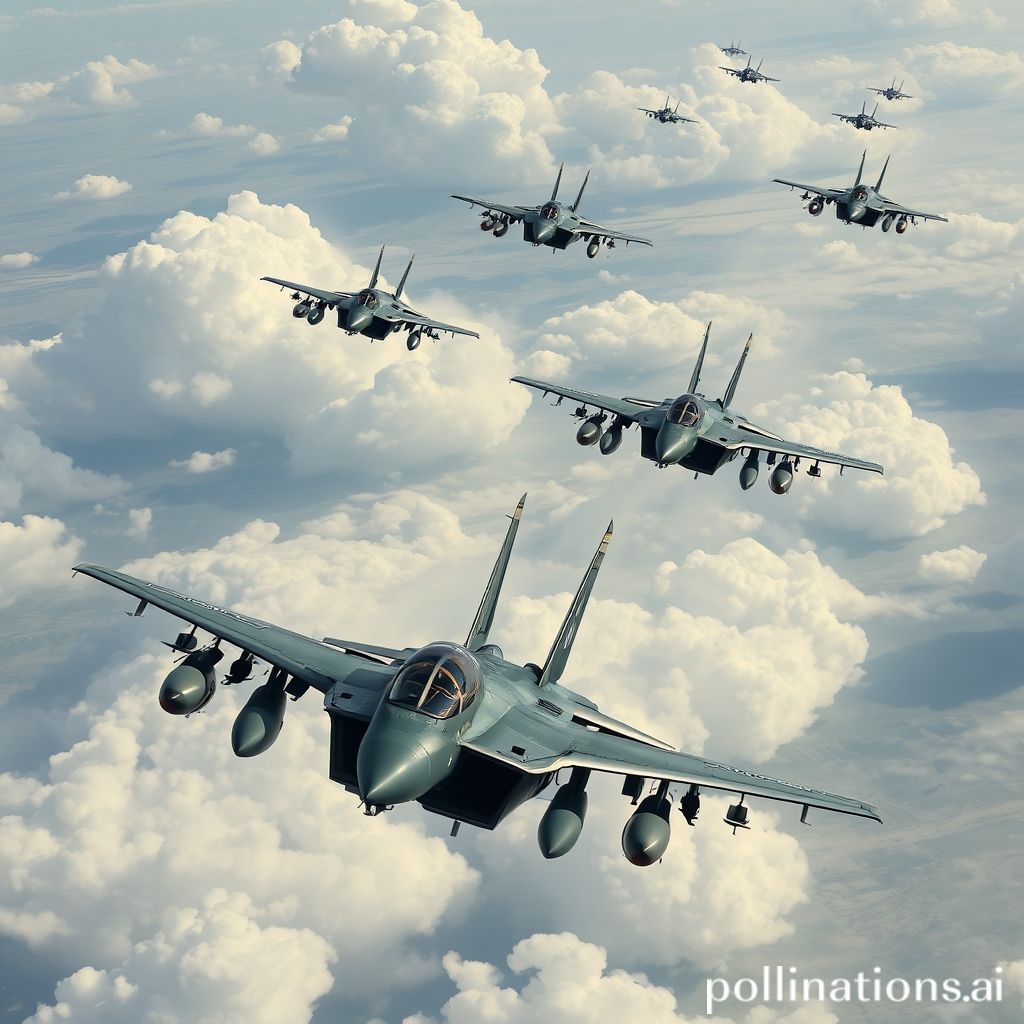NATO scrambles fighter jets after Russia's largest air assault on Ukraine

NATO scrambles fighter jets after Russia's largest air assault on Ukraine
NATO Responds to Russia's Intensified Aerial Onslaught in Ukraine
Hey everyone,
The situation in Ukraine remains incredibly tense, and recent events have significantly escalated concerns across Europe and the globe. Russia has launched what is being described as its largest air assault on Ukraine since the beginning of the conflict, prompting a swift response from NATO. Let's break down what happened, why it matters, and what it could mean for the future.
A Barrage From the Air
Reports coming out of Ukraine paint a grim picture. Multiple cities, including the capital Kyiv, Kharkiv, and Lviv, have been targeted by waves of missile and drone strikes. Ukrainian officials state that Russia launched a mix of cruise missiles, ballistic missiles, and Iranian-made Shahed drones, overwhelming air defense systems in certain areas. The sheer scale and intensity of the attack are unprecedented in recent months, resulting in widespread damage to civilian infrastructure, power outages, and, tragically, numerous casualties.
NATO's Immediate Reaction: Scrambled Jets
In response to this aggressive act, NATO has taken a proactive stance. Several member nations bordering Ukraine, including Poland and Romania, have scrambled their fighter jets. These deployments serve multiple purposes. First, they provide an immediate deterrent against any potential spillover of Russian aggression into NATO airspace. Second, they enhance situational awareness by monitoring the airspace along the Ukrainian border, gathering valuable intelligence on Russian military activity. And third, they send a clear message of solidarity and support to Ukraine. While NATO jets are not directly engaging Russian forces within Ukrainian territory due to the risk of escalating the conflict, their presence in neighboring airspace is a powerful symbol of resolve.
Why This Matters: Escalation and Regional Security
This latest Russian air assault and NATO's response have significant implications for regional security. The escalation of attacks on Ukrainian cities suggests a shift in Russian strategy, potentially aimed at crippling Ukraine's infrastructure and morale. This puts immense pressure on Ukraine's already strained resources and increases the humanitarian crisis.
NATO's response is equally crucial. It demonstrates the alliance's commitment to protecting its members and deterring further Russian aggression. However, it also highlights the delicate balancing act NATO faces. The alliance must provide support to Ukraine without triggering a direct confrontation with Russia, a scenario that could have catastrophic consequences.
Comparing Responses: A Table of Actions
| Action | Russia | Ukraine | NATO |
|||||
| Air Assault | Launched massive air strikes with missiles and drones. | Activated air defense systems; requested further aid from allies. | Scrambled fighter jets in neighboring countries; increased airspace monitoring. |
| Ground Operations | Continued localized ground offensives. | Focused on defensive strategies; reported successful interceptions of some incoming projectiles. | Maintained defensive posture; provided intelligence sharing with Ukraine. |
| International Response | Defended actions as legitimate military operations. | Accused Russia of war crimes and terrorism; appealed for stronger international sanctions. | Condemned Russian aggression; reaffirmed commitment to collective defense and support for Ukraine. |
The Broader Geopolitical Context
Beyond the immediate crisis, this event underscores the broader geopolitical tensions between Russia and the West. Russia views NATO's eastward expansion as a threat to its security interests, while NATO sees Russia's actions in Ukraine as a violation of international law and a challenge to the rules-based international order. This fundamental disagreement lies at the heart of the conflict and makes finding a peaceful resolution incredibly difficult.
Looking Ahead: Uncertainty and the Need for Diplomacy
The future remains uncertain. It is possible that Russia will continue its intensified air campaign, further testing Ukraine's resilience and NATO's resolve. It is also possible that diplomatic efforts could gain traction, leading to a de-escalation of the conflict. However, for now, the situation is volatile and unpredictable.
One thing is clear: the international community must continue to support Ukraine in its fight for survival. This includes providing humanitarian aid, military assistance, and diplomatic support. At the same time, it is crucial to pursue all possible avenues for a peaceful resolution to the conflict, however challenging that may be.
My Thoughts: A Call for Humanity
Witnessing these events unfold is truly heartbreaking. It's a stark reminder of the human cost of conflict and the importance of upholding international law and protecting innocent civilians. We can only hope that diplomacy prevails and that a lasting peace can be achieved, allowing the people of Ukraine to rebuild their lives and their country. The world needs more compassion, understanding, and a relentless pursuit of peace. We must not become numb to the suffering of others and must continue to advocate for a more just and equitable world.
Comments
Post a Comment